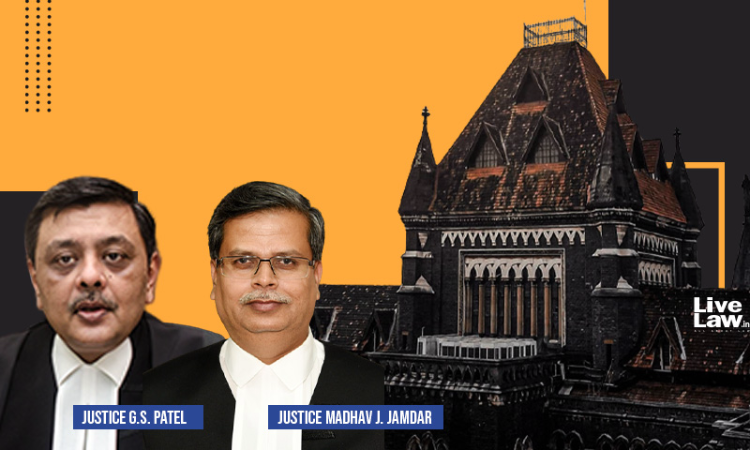The Bombay High Court has observed that the Maintenance Tribunal under the Maintenance and Welfare of Parents and Senior Citizens Act, 2007 can pass an order for removal of a person from the senior citizen's property.A division bench comprising Justice Gautam Patel and Madhav J Jamdar endorsed the view expressed by a division bench of the Delhi High Court in the case Sunny Paul v State of NCT...

